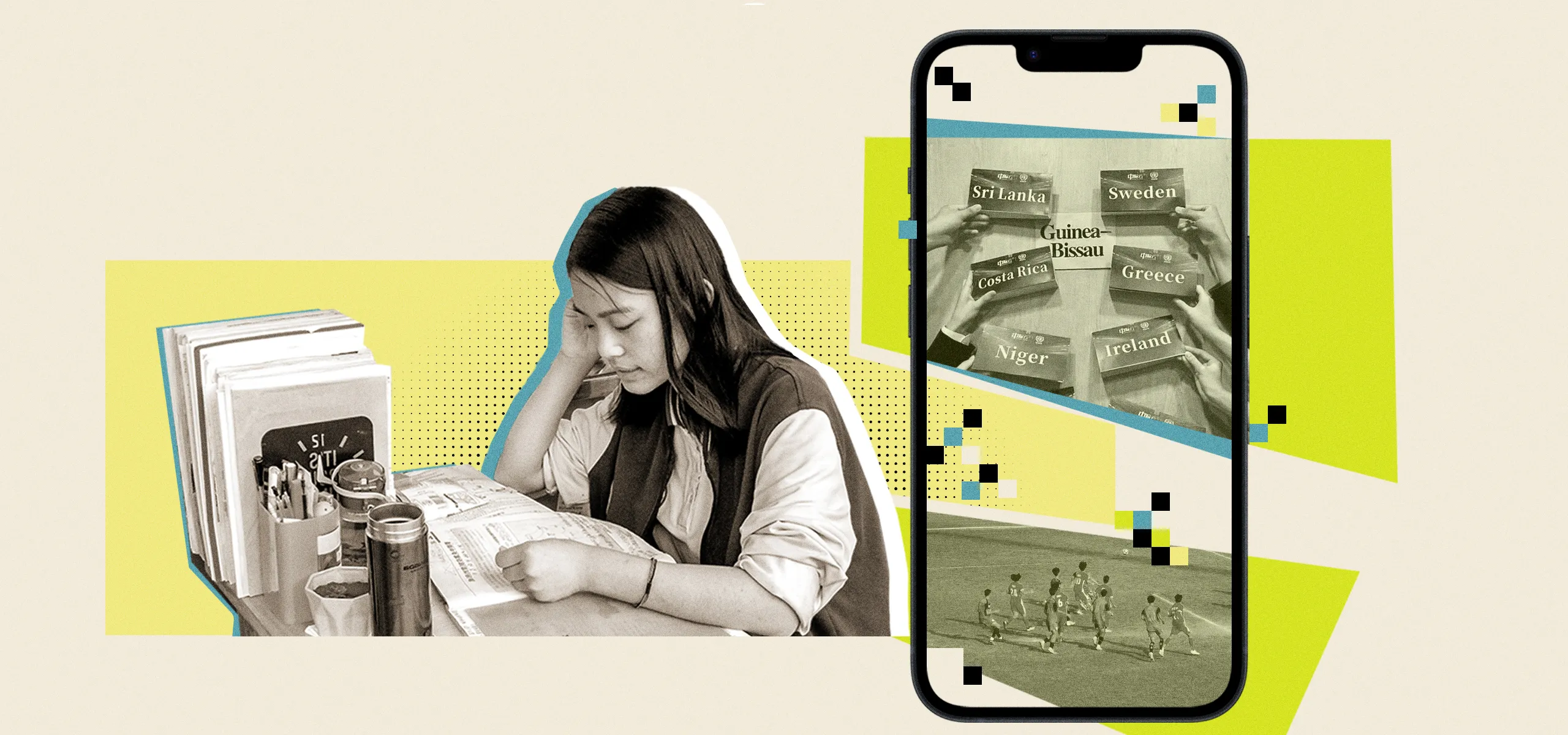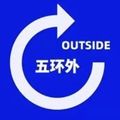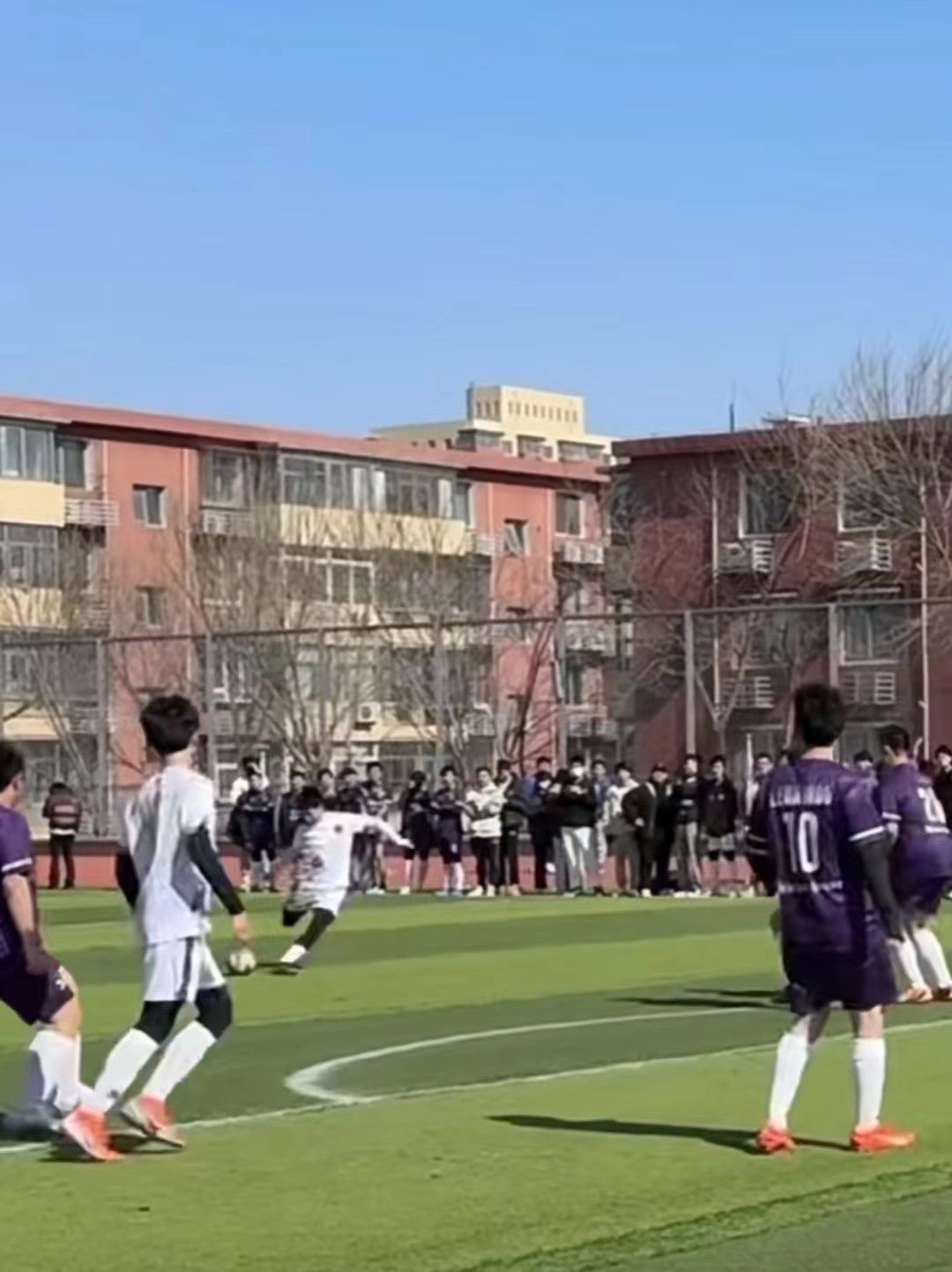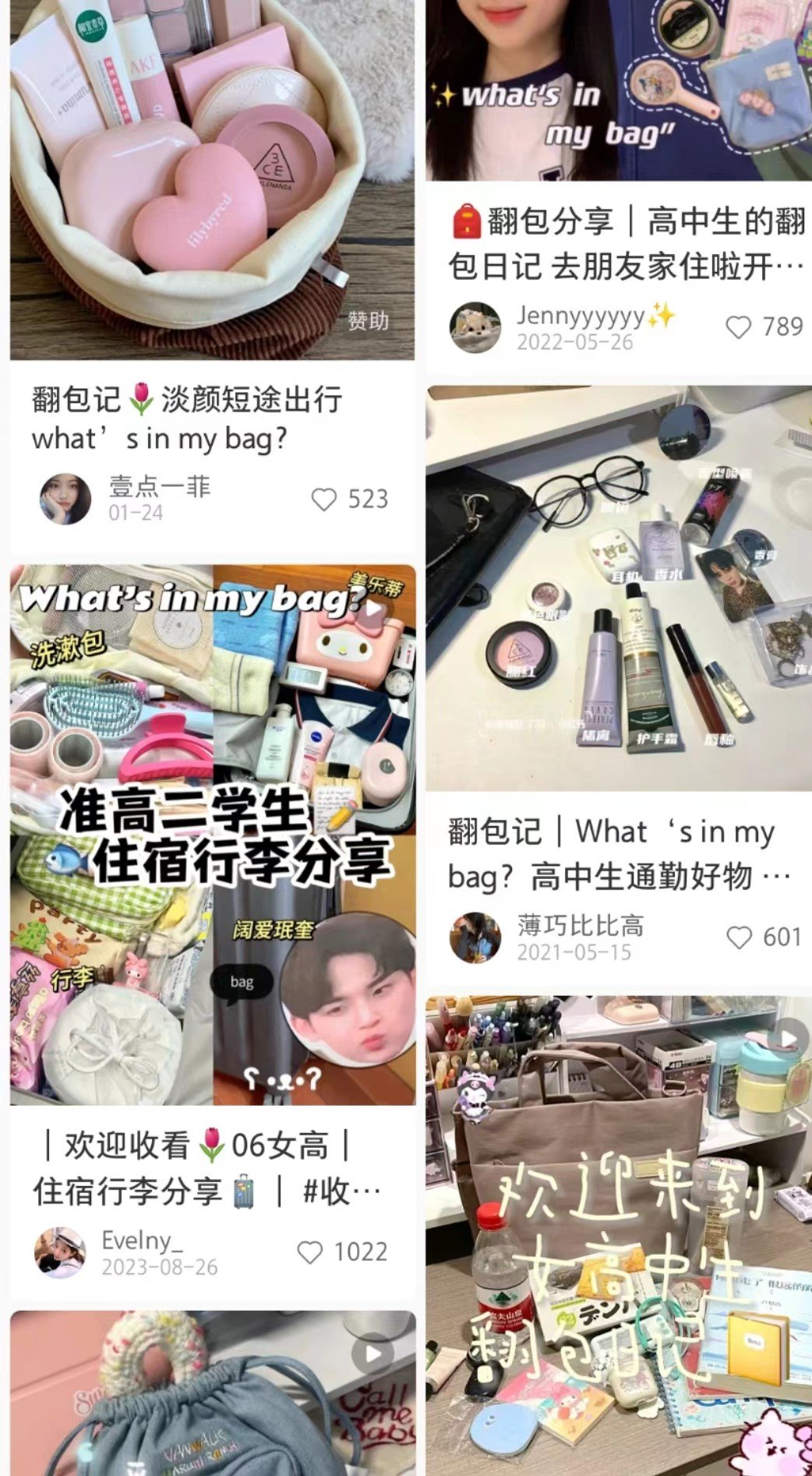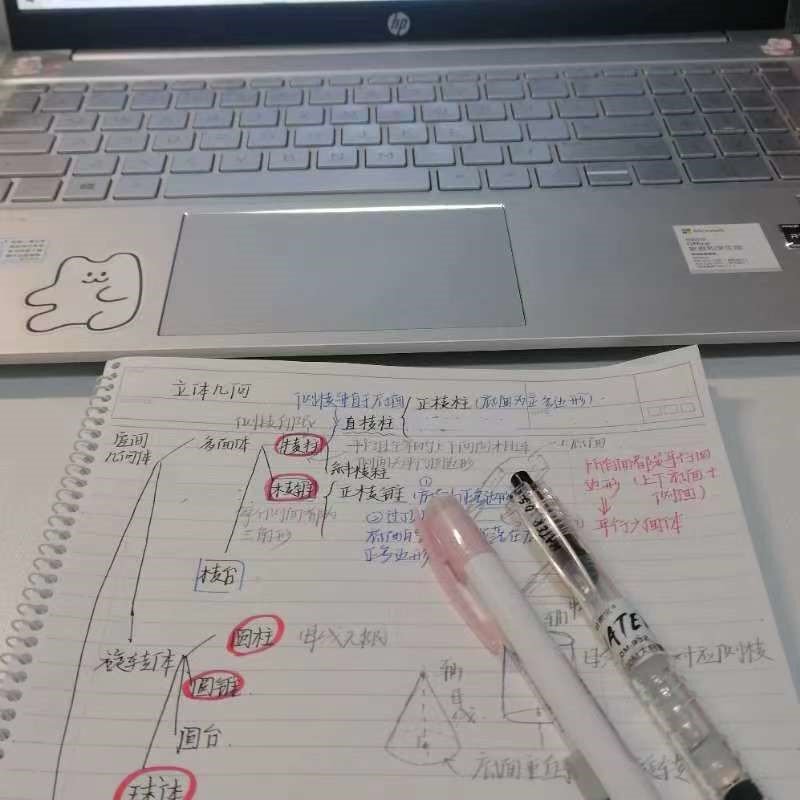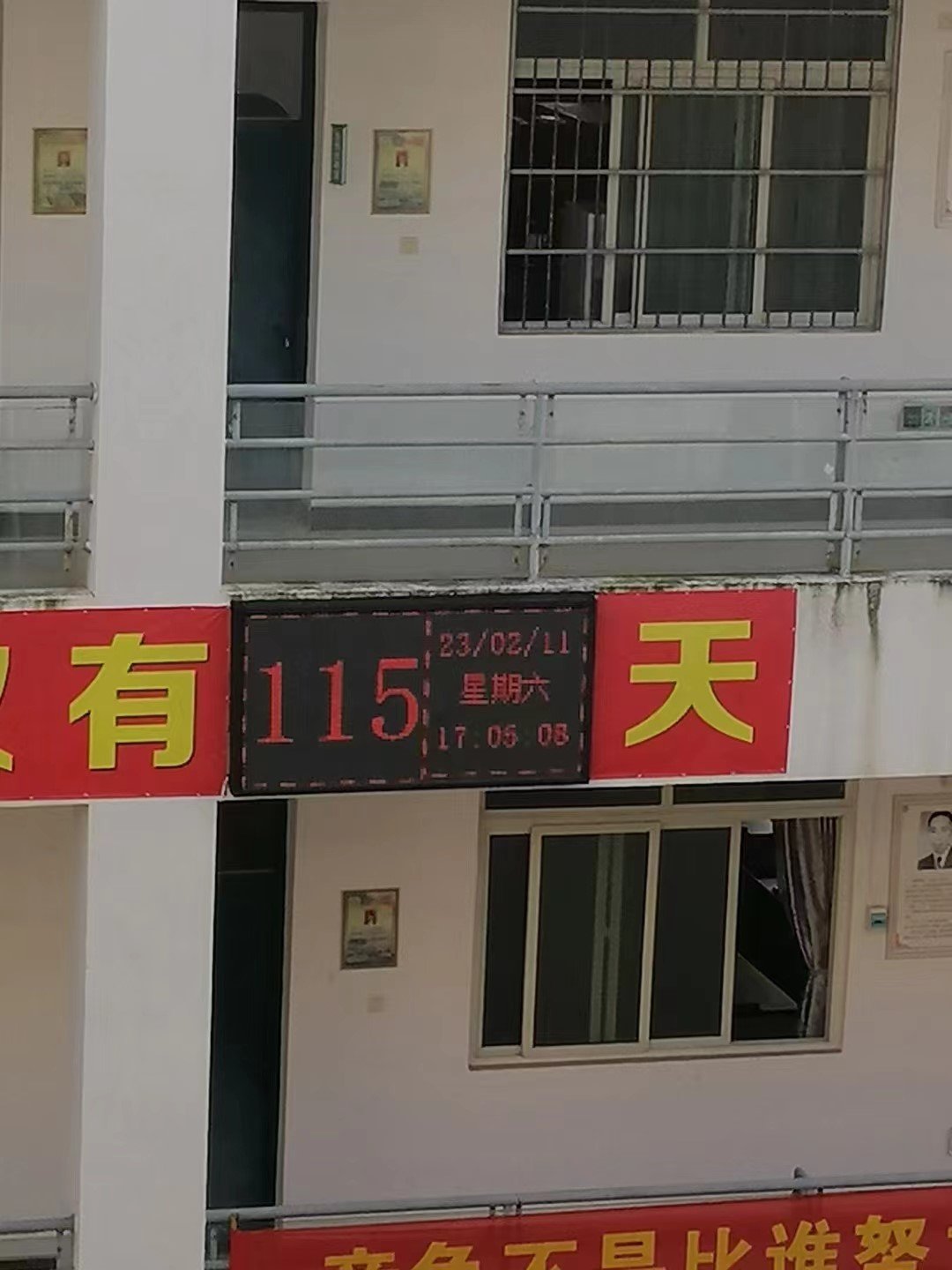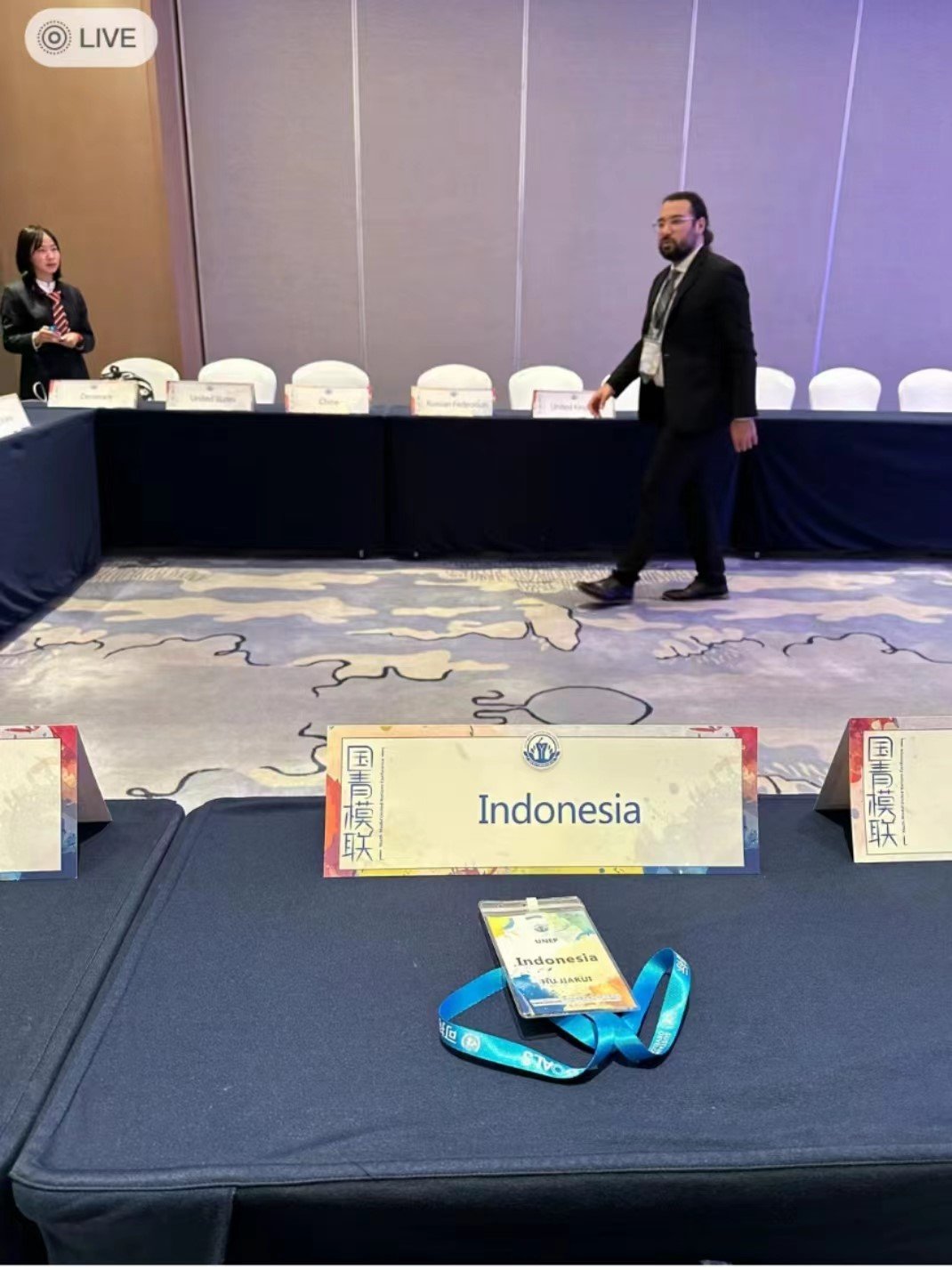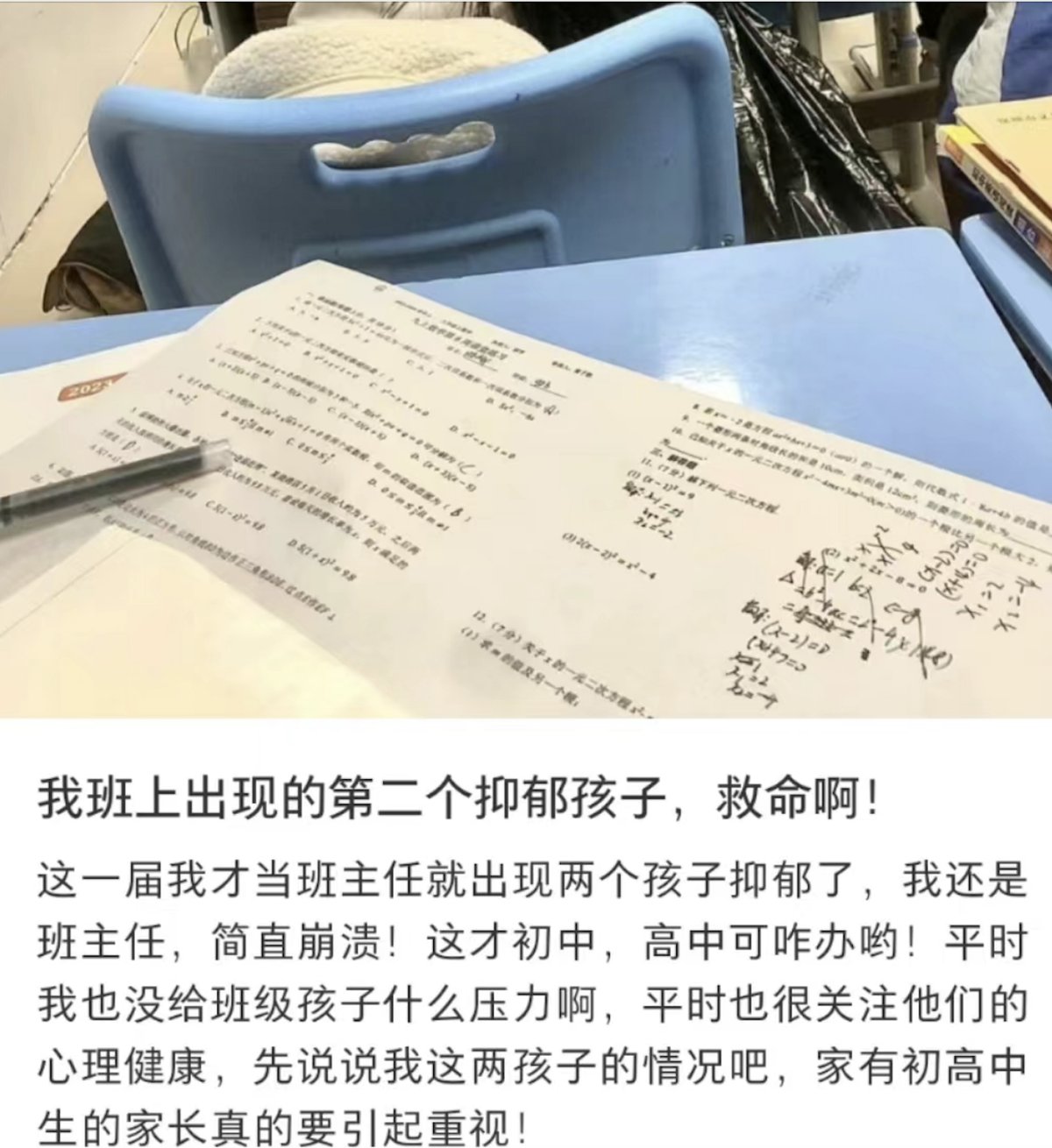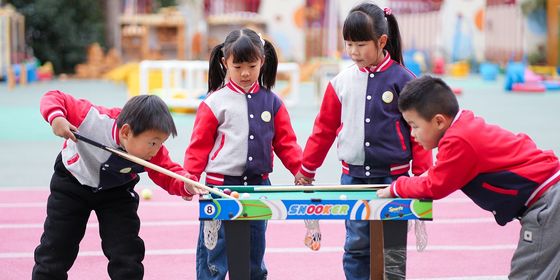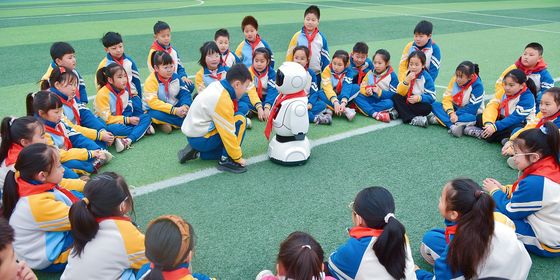Anxiety has grown among China’s rural students as the internet provides them with glimpses into the lives of their more privileged urban peers
In the Hugo award-winning sci-fi novella Folding Beijing by Hao Jingfang, China’s capital is physically segregated among three social classes. The protagonist Lao Dao, a waste processing worker at the bottom of society, has to evade surveillance cameras, hide behind bushes, and crawl along drainage pipes in his quest to enjoy the same conveniences as the upper classes. But for Mengmeng, a high school student from a county town in south-central China, a mobile phone is all she needs.
Xiaohongshu (literally “Little Red Book”) is a Chinese social media and lifestyle app. Its algorithms curate content targeted to each user based on their browsing habits. It turns Mengmeng’s phone screen into a window where the lives of her peers in Beijing, Shenzhen, and Sydney are displayed via 5-to-10-minute videos, showing her a world as diverse as it is unequal.
But after Mengmeng saw the huge disparities in resources between these metropolises and her hometown, her enthrallment quickly morphed into anxiety and anger. Out of sight from her family and school, a small-town teen went through a mental health crisis alone.
A parallel universe
Before her teens, Mengmeng rarely ever wondered about the lives of her peers in big cities. Whoever they were, surely they were also cramming for exams, like her.
This all changed in 2019 when Mengmeng downloaded the Xiaohongshu app. Soon enough, her feed was inundated with countless vlogs by other middle schoolers. These short videos were at her fingertips, edited with artful aesthetics and enticing, soothing tunes. The students inhabiting this world spent their school days in a relaxed, refined atmosphere that was completely foreign to Mengmeng.
“I was born in a well-to-do family that pampered me. Whatever I wanted, I got,” Meng Kejia, a 15-year-old vlogger going by the name Coco, wrote on Xiaohongshu. “When I turned 14, I felt this desire to prove my own worth. So I took a leave from school to open my own nail salon.” Meng moved to Hangzhou from her hometown in northeastern China at 15 and rented her own apartment. She started working as a vlogger and influencer, and networked with major brands. Later that year, she returned to her hometown and bought a car with her own earnings. “Though I came from a very privileged background, I draw a sense of achievement from my own accomplishments first and foremost,” she wrote.
Statistics show that 50 percent of Xiaohongshu’s over 200 million monthly active users hail from first and second-tier cities. Its secondary school users similarly tend to be concentrated in economically developed regions, with many attending their public schools’ “international programs,” which are geared toward preparing students to study abroad in university.
The teenage girls that Mengmeng started following on Xiaohongshu always seemed to have a light to their eyes. Even without makeup, they exuded confidence. It might be hard for adult users to notice, but Xiaohongshu is teeming with vloggers born after 2005, many of whom are still in secondary school. Their product recommendations, skincare routines, and study tips captive audiences in the thousands, with the most popular accounts sometimes hitting over half a million followers. Julia-ty, a 16-year-old vlogger attending high school in the United States, has 845,000 followers. She is closely followed by high school sophomore Su Xuan’er from Hangzhou, with 758,000 followers.
It was only natural that Mengmeng felt a connection to these girls her own age, who wore such warm smiles. Curiosity led her to click on one video after another, and it was a matter of time before she was swooped into a bizarre parallel realm.
This was a world where a student’s individuality and self-esteem were zealously defended by their teachers at international schools and programs. Su Xuan’er recalls the moment when teachers hand graded papers to the class: “They don’t want us to compare ourselves to our classmates, so they’ll fold the corners of our test slightly in order to keep them private.”
Even teaching interns fresh out of university marveled at this uniquely equal bond between teachers and students. Amateur vlogger and teaching intern Qiao Kelu reported similar experiences after working at the international department of a high school: “Students here will chat and joke with teachers in their office as if they were friends. It doesn’t matter whether a student is slacking on their homework or even falling behind. The teacher will joke, ‘At least you handed it in.’ There are only 15 students per classroom. Each student has an iPad of their own, and they are encouraged to talk freely and ask about anything they may not understand without shame.”
Mengmeng was more attracted by the accounts of campus life from her urban peers. Girls in these schools could style their hair however they wanted, and weren’t shamed for caring about their looks. Manicures, hair dyes, makeup—they could try it all without having it considered a distraction from their studies.
In Mengmeng’s town, books in school libraries were for decoration, and world classics were pleasure reading that students shouldn’t indulge in. However, in Xiaohongshu’s alternate reality, extracurricular clubs—bridge, astronomy, animation, bamboo weaving, music, street dance, basketball, choir—seemed to be the main focus of students’ lives. Rather than how they could ever finish their mountains of homework, city kids seemed more concerned with choosing between different clubs to join.
Who stole my life?
Mengmeng became increasingly enthralled by her Xiaohongshu world. However, this started to impact the way she went about her own daily life.
Mengmeng’s grades were a frequent topic of conversation at the dinner table, and relatives often showered her with praise on account of her outstanding academic performance: “You’ll get into a good university with your grades!” She was part of the honors class in middle school, where most students would move on to the top high school in the county. From there, it was a sprint toward the most prestigious universities in the country.
However, Mengmeng’s star waned mysteriously in her last year of middle school. Her grades for both math and physics plummeted overnight, and soon her class ranking tanked. Mengmeng felt like a joke when she recalled all the praise she received in the past, and was mortified to be admitted to the county’s second-best high school.
To continue attracting students despite its second-best ranking, Mengmeng’s new school adopted the “Hengshui model,” a draconian student management regime popularized by high schools in the northern Chinese city of the same name known for producing high-scorers on the National College Entrance Exam (gaokao).
Mengmeng’s honors class in high school initially comprised over 50 students. However, the strict elimination system for low-performing students left only 43 by the third year. Their day-to-day routine was scheduled down to the second, a stark contrast to the carefree high school life Mengmeng has seen in vlogs. She and her peers woke up at 5:40 a.m. to wash up in the dark, gobble their breakfast, and rush to the classroom before 6:20 a.m. for morning classes that lasted until 11:55 a.m. A mere five-minute break was all Mengmeng had between classes, and even those were frequently taken up by mock exam papers she had to finish. Lunchtime is a mere half-hour at the school canteen. By 12:30 p.m., students were back at their desks, where they prepared for afternoon classes. The evening self-study period lasted until 10:30 p.m.
Students were managed as if they were in the military. They were expected to remain in full uniform at all times, no matter the temperature. When teachers invigilated the self-study periods, students had to keep their heads low and eyes on the worksheets. However, even the most punishing study regime couldn’t make up for some education gaps. Mengmeng had to take extra lessons from a math teacher at the county’s best high school for a staggering fee of 500 yuan per class. Her parents footed the bill without a word, but Mengmeng felt guilty that all their sacrifices for her seemed to be in vain.
Would she ever have questioned her own student life had she never gained insight into greener pastures? Perhaps had she stayed none the wiser, she wouldn’t feel so shortchanged about her own school experience.
After the high school entrance exam, Mengmeng learned from her classmates that the high school in her own prefectural city had an international program. If only their families were ready to spend hundreds of thousands on tuition, the students could go abroad for university. The top-tier education that Mengmeng burned the midnight oil to attain was something these kids could simply reach out and grasp. But none of the adults around Mengmeng had been aware of this possibility. In their world, children had only one option: gaokao.
Once again, Mengmeng felt like she was perennially late to the party. Fancy pastry, the latest KFC collab with fashionable brands—county kids like her simply missed out on everything.
Mengmeng felt the pent-up anger bubbling inside her and plunged herself even more into Xiaohongshu, anxious about missing out on anything there. Little did she know that the app had already become an echo chamber she’d created, forever rubbing unattainable privileges in her face. Her anxiety reached its peak when she discovered the Model United Nations, a simulation of the UN where participants pay up to 10,000 yuan to roleplay diplomats from different countries and discuss global issues in English.
Mengmeng clicked on the first video with a mix of curiosity and confusion. What on earth was this? The comment section didn’t give her any answers, as everyone seemed to be already in the know, and county kids like her were invisible. “Once again, I felt so out of the loop.”
In Folding Beijing, there is a scene where Lao Dao is warned by fellow urban flaneur Peng Li against wandering into the so-called First Space: “It’s not a great place over there. If you go, you’ll end up feeling your own life is shit, pointless.”
This was the predicament Mengmeng found herself in. Neither she nor her classmates could dream of these lifestyles they saw. They were drowned in their studies. “You know, someone on Xiaohongshu said that even if you happened to score 30 or 40 points above the cut-off for first-tier universities in my province, you still couldn’t get into any university out-of-province,” she says. Mengmeng’s home province Jiangxi is one of China’s less economically developed regions with almost no high-ranking university. There is only intense academic competition to score high and leave the province. “Looking at the poor job market these days, I was terrified that if I couldn’t get into a good university, I wouldn’t have any future.”
Trapped in this virtual mirror of inequality, she gave the thumbs down to everything she couldn’t possibly reach.
A Gen-Z county kid’s spiritual reconciliation
Mengmeng’s confidence and academic performance were knocked down by the contrast between her reality and the siren calls of Xiaohongshu. She was accosted by insomnia and sudden bouts of crying that eventually landed her in the hospital where she was diagnosed with moderate depression and anxiety. Family members urged Mengmeng to stay quiet about her mental health challenges, fearing the stigmatization that is all too common in county towns.
The truth is that Mengmeng was not at all alone in her plight. Yu Gaoliang, director of the Institute of Psychology at Renmin University, and his team found that 26.3 percent of high school students living in rural counties (from 2010 to 2020) suffer from depression.
A secondary school teacher from a county in Henan province in central China confirmed these findings with her own experiences. Ms. Li reported witnessing children with arms covered in razor-cut scars from attempts at self-harm.
Caught between the mental health crisis and the desire to continue raising their students’ scores, some schools have resorted to band-aid measures like enclosing student dormitories with barbed wire. Some encourage students to keep journals on their mental health condition to be read by teachers, who will give one-on-one feedback.
Unsurprisingly, these measures fall short of their target. Mengmeng’s best friend also struggled significantly with her mental health. “She gets lots of pressure from her father, who is the bureau chief of a government agency where employees are constantly setting their children up for comparison to each other at dinner parties: prestigious schools, study abroad...My friend keeps pushing herself, but it really is this vicious cycle where the more pressure we put on ourselves, the lower we score on tests.”
The belief that grades are the surefire method to assess their child’s academic value is deeply rooted in most county parents. Their children’s performance is a topic of discussion that carries as much pride as hidden anxieties and panic. After Mengmeng’s diagnosis, her mother suddenly began insisting that grades didn’t matter after every less-than-stellar exam. But Mengmeng knows these were just white lies to make her feel better.
In fact, many small-town transplants to big cities end up discovering privileges they didn’t know they lacked. Prior to Xiaohongshu, young adults typically experienced this when they entered college. Jia Jia, born in the 1980s, is one such case. In her small town, she was a model student. But she was in for a rude awakening when she moved to Qingdao for graduate school: “At that time, I felt like an ugly duckling.”
Like Mengmeng, Lina, born in the late 1990s and currently a postgraduate student in English, was also glued to her mobile phone during her middle school years. However, instead of influencers of her age, she followed South Korean idols. This has spared her from similar feelings of envy as it is easier to measure yourself against something that resembles you. Ultimately, these live broadcasts and short videos are nothing but a visual display of the socioeconomic gaps between large and small cities.
The ability to break free from the anxiety stemming from stark lifestyle comparisons is a testament to the students’ psychological resilience. Mengmeng eventually adjusted her mentality and made a secret decision to compete against these distant strangers: “If all of us were studying, then I could catch up with them by logging in more hours.” With a clear goal in mind, she changed the way she used Xiaohongshu. Before, the app had only been a source of envy and passive despair for her. Nowadays, Mengmeng treats Xiaohongshu as a resource—a space where she can seek academic insight, as well as tips for her upcoming college entrance exams.
As a platform with around 73 percent of its users being female, the app has gained a reputation for fostering understanding and empathy among its users. This is a big plus for Mengmeng in her quest for guidance and support from fellow netizens. Their kindness has been helpful in reducing her anxiety.
“Hey, girl, don’t worry. You see, I went through this when I was a junior in high school, too,” one Xiaohongshu user commented under a post. “I slept badly through the night, had nightmares and even experienced sleep paralysis before the pandemic hit. What do you know, my nightmares were gone after four months of online lessons. If you’re too stressed, it will impact your sleep. Gotta relax!...And if things really get too serious, go to the hospital. But I really think you’re being too hard on yourself. Don’t worry too much!”
Mengmeng has made up her mind. “It’s okay if I don’t get to go abroad for the time being. I’ll manage to reach my goals someday. Meanwhile, I will take good care of myself.” She has made up her mind to enter that seemingly unattainable world through her own hard work.
A conclusion
Mengmeng is lucky. When she felt trapped in the online parallel world of shortcomings and comparison, she found support and comfort from her parents, friends, and even kind strangers online, who helped her navigate out of depression and anxiety.
However, not everyone is as lucky. There is a wealth of heavily filtered online content targeting kids raised in an aggressively exam-oriented educational system. Most of them lack critical thinking skills that enable them to question the validity of the content they consume. According to a study at Peking University, half of China’s school-aged children reside in its 2,000 rural counties. Those born in 2005 and afterward grow up with the internet are now subject to two main lines of pressure—academic achievement, and the relentless temptation to compare themselves with their more privileged peers. When these kids do become trapped in this vicious cycle, how can our society and the adults around them step up to the challenge?





